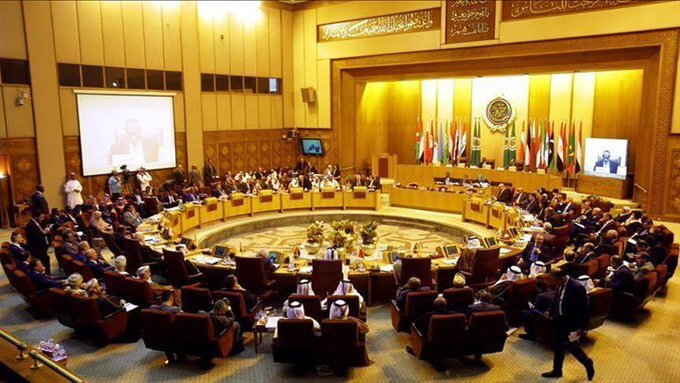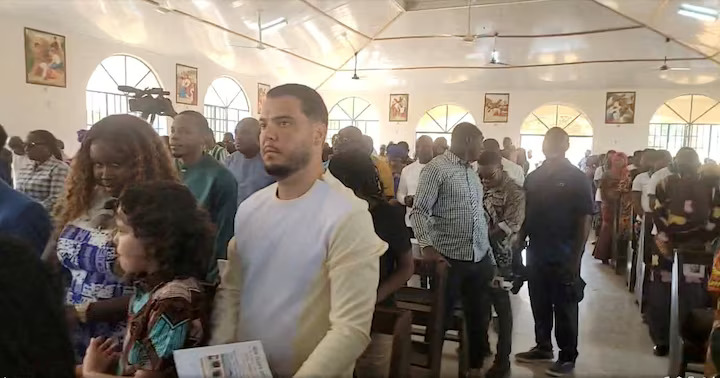A 22-year-old crossdresser, Syabonga Clement Hadebe, was brutally murdered by unknown assailants in South Africa.
Hadebe was shot nine times while walking home in Malvern, Johannesburg. His lifeless body was discovered by the police with multiple gunshot wounds on August 10, 2024. Cartridges were found at the scene, and he was declared dead.
The Women For Change advocacy group released a statement on Saturday, August 24, identifying Hadebe as a trans woman who had recently started transitioning.
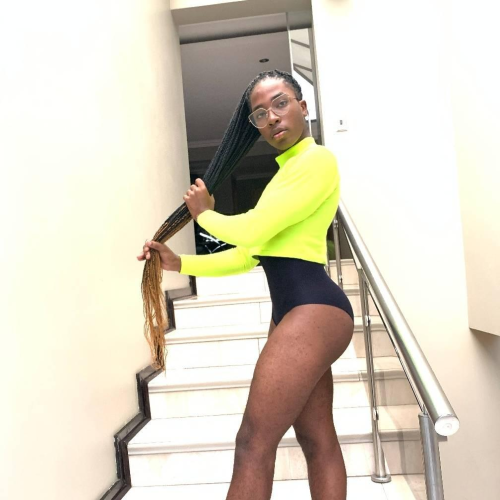
According to local media reports, Hadebe, originally from KwaZulu-Natal province, had been at a popular outing area in Johannesburg on the night of August 9 with a friend. They interacted with an alleged male shooter who showed interest in Hadebe. Before leaving with the shooter, Hadebe’s friend suggested that he disclose his identity as a gay crossdresser. Hadebe chose not to follow this advice.
After leaving with the alleged shooter, Hadebe’s friend was dropped off, leaving Hadebe alone with the shooter. Locals have suggested the murder might have been premeditated, with some faulting Hadebe for not disclosing his gender identity.
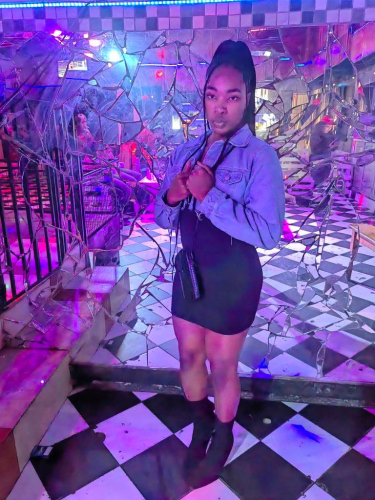
Sibonelo Ncanana, civil society engagement officer for OUT LGBT Well-being, an LGBTQ advocacy group, expressed outrage over the murder and the queerphobic victim-blaming surrounding it. Ncanana stated, “Victim-blaming is never acceptable. The notion that LGBTIQ+ people are hiding who they are when they are simply being themselves is deeply concerning. Our identity is not something that requires disclosure.”
OUT LGBT Well-being will closely monitor the investigation and has called on law enforcement officials to ensure justice for Hadebe.
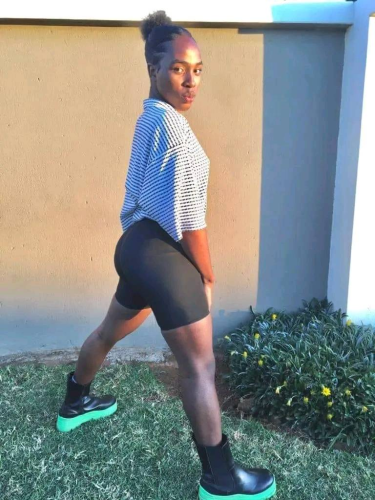
Prominent LGBTQ activist Mohale Motaung added, “No one should be forced to reveal their true identity to appease someone else’s curiosity or assumptions. Clement Hadebe’s tragic story is a reminder that self-disclosure should always be a choice, not a condition for acceptance or safety.”
Despite South Africa being the only African country that recognizes and upholds the rights of the LGBTQ community, many South Africans continue to oppose these rights due to cultural and religious beliefs.


